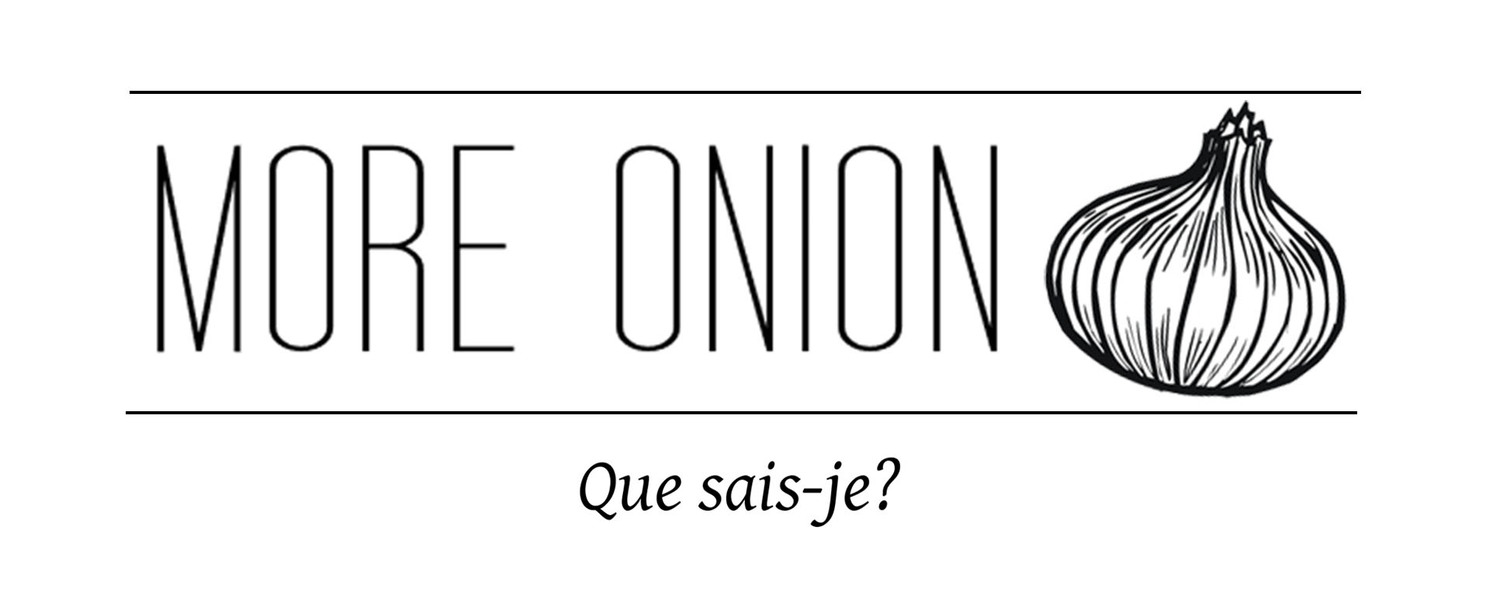Infinite Jest, Week 1 (3-85)
In IB psych in high school I remember watching a video of these two guys talking about "organizing things into groups" and "doing less is more," and it was totally incomprehensible until one of them explained that they were reading a paragraph about doing laundry. Reading IJ for the first time feels a lot like listening to them talk about washing clothes, except instead of a minute to watch it takes 3 months to read. The first 200 ish pages of IJ are tough, and DFW launches straight into a couple of distinct subplots with a bunch of new characters, none of which get any but the most minimal backstory.
Reading IJ again with some context is like watching the video knowing they're talking about laundry. Things actually make sense! It's like reading a totally different book. Without spoiling anything coming up, in the first 100 pages DFW introduces two very important ideas, both of which I missed initially.
The first happens in the very first chapter (Hal's college admissions interview). It's a very confusing chapter with no background. Hal is with some teachers from his tennis academy, interviewing with some deans, and all of a sudden he starts convulsing and screaming and no one seems to be able to understand him despite us getting a very cogent view of his thoughts. Juxtaposed with people panicking and sending Hal to the hospital restrained is his wonderful monologue and defense of his thoughts and his existence (I quote it in my about page), and it's unclear if there's actually something wrong, if there's just a terrible misunderstanding, or if the whole thing is just imagined.
A similar thing happens a few chapters later when Hal talks to his dad (Himself), disguised as a professional conversationalist. Some kind of breakdown in communication happens, and while it's obvious that Hal and his dad can understand each other somewhat (Hal says he is 11 and his dad corrects his notes), towards the end Hal is speaking and his dad seems to not be able to hear him.
‘Praying for just one conversation, amateur or no, that does not end in terror? That does not end like all the others: you staring, me swallowing?’
‘…’
‘Son?’
‘…’
‘Son?’
Both chapters are similar in nature- in both, Hal has things to say but no one is able to understand them. The concept and the struggle of not being able to communicate with other people is a very core part of IJ. When Hal starts to explain himself to the admissions officers, he says "I am in here," which, if you think about it, is an unusual way®ew of expressing yourself. He doesn't say "I am here," referring to some location, he doesn't say "I am me," referring to him as a being, he says "I am in here," implying that he is stuck somewhere inside something.
If you've ever felt the panic and frustration and loneliness of isolation, then you also know that feeling. It is feeling like there's something huge inside of you, but it's trapped inside of yourself, and no one will ever understand and no one will ever be able to understand. "I am in here" is a painful plea saying this is the real "I", please try to hear me. That loneliness and pain will continue to be a huge part of IJ.
The second thing I found much more interesting the second time around is Schitt and Mario's conversation about tennis and infinities. Schtitt describes tennis as a "Cantorian continuum of infinities of possible move and response,... mathematically uncontrolled but humanly contained," ultimately bounded by boundaries of self. Like life, tennis is infinite, but to play and to improve is to try to destroy the limits of yourself, the very thing that makes the game possibly in the first place. The tragedy of a junior pro tennis player is "but one facet of the real gem: life’s endless war against the self you cannot live without." If life is about battling yourself, and battling yourself is the same as destroying yourself, then life is "pro-death," and the two are no different, except the chance to play. That's what defines your life- the chance to play, and why you choose to play.
Remember these two ideas, because they weave important threads through IJ.
Some other parts that I liked:
- The Steve Erdedy marijuana chapter is such a good short story; you can practically taste his desperation. I wish I could write like that T_T
- The chapter introducing Kate Gompert where she explains her depression is the bit that first convinced me that DFW was not fucking around and this book was going to be insane
- Footnote 24 (I'm sorry I made you all read it). The entire filmography probably seems unnecessarily long and boring right now, but it actually provides a lot of interesting info because 1) it's one of the only chronological things in the book, so it helps set the timeline, 2) there are a bunch of small references and jokes he slips in there, and 3) the plots of the movies foreshadow a lot of stuff. It's a lot more interesting reading those if you pay attention to the date and if you try to map actors to characters in IJ.
